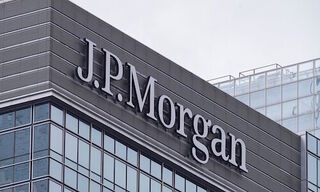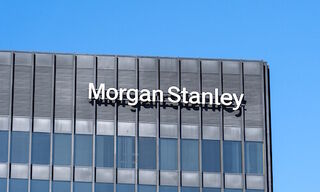After a long period of hesitation, Zurich-based bank Julius Baer has drawn personnel consequences due to its failed credit commitment. But the path to full recovery is still long and lined with many imponderables, finews.asia believes.
It took the top executives at Julius Baer a whole two months to come to a decision that should have been clear as early as the beginning of December 2023: namely, that after the loan debacle with Signa Holding, CEO Philipp Rickenbacher is no longer acceptable as CEO of the traditional Zurich-based bank.
Of course, a CEO does not necessarily have to resign if major problems arise in a company. However, in this case, the difficulties with the Austrian investor and client René Benko were so serious that the bank's credibility was questioned.
Proof of Inadequacy
After all, a financial institution cannot distinguish itself as a risk-averse and correspondingly safe company for multiple years, whilst at the same time carrying out lending transactions that go far beyond what is customary in the classic asset management business.
But that's exactly what the bank has done by granting loans for large real estate projects and not yet being able to cope with the changing data situation, as Julius Baer President Romeo Lacher admitted at an analyst call on Thursday. The ordeal is a proof of inadequacy at a traditional institute that is committed to handling the assets of wealthy individuals and families prudently and sustainably.
Fabulous Presumptuousness
But apparently, greed and hubris prevailed in the bank at Bahnhofstrasse 36 in Zurich, i.e. a fabulous presumption to generate even more profit: once as a conservative asset management bank and also as a nimble corporate finance boutique.
The assumption that the bank could simply «muddle through» the Signa debacle was illusory from the outset. This is especially evident after Credit Suisse (CS) had shown so unequivocally just how bad this option is.
Pure Wishful Thinking
As recalled, the latter crisis-ridden major bank switched to radio silence in the summer of 2022 and believed it could rise like a phoenix from the ashes at an investor day in October of the same year. This remained pure wishful thinking, as we now know.
Time never stands still even less so the share price, which in the end decides whether a CEO still has a future or not. And in the case of Julius Baer, the share price has had a clear direction in recent months: the share price collapsed from 60 francs to 47 francs.
Other Priorities
A proactive resignation of Rickenbacher at the end of 2023 could have sent an important signal so that there would be a change of opinion on the stock market earlier. Thus the damage could have been reduced. But apparently, Julius Baer's priorities were different at the time.
After Rickenbacher's (today's) resignation, the exchange rate rose from 47 francs to over 51 francs. However, it remains to be seen how sustainable this recovery will be. What is clear, however, is that the traditional Zurich-based institution has lost some of its reputation as an asset management bank with its oversized involvement in the lending business and is more likely to be traded as a takeover target in the financial sector again.



























